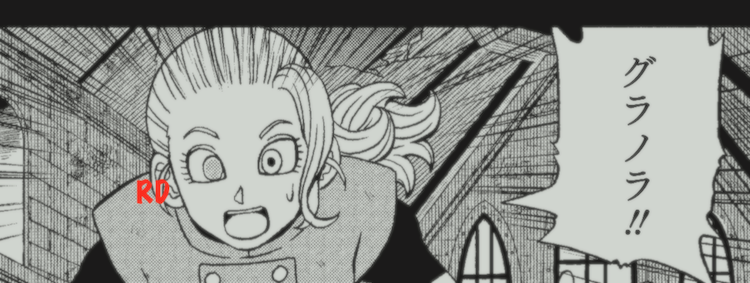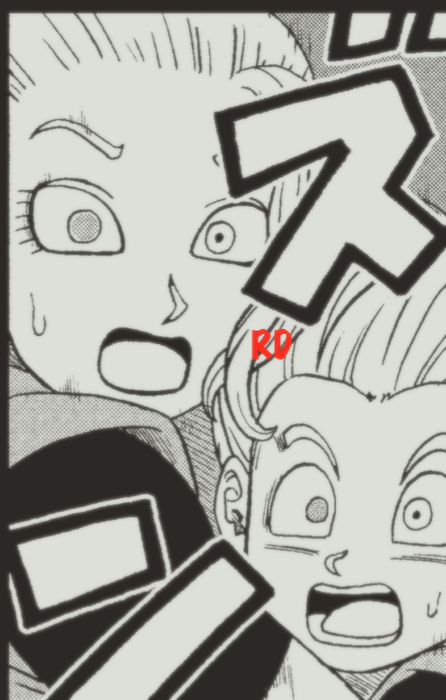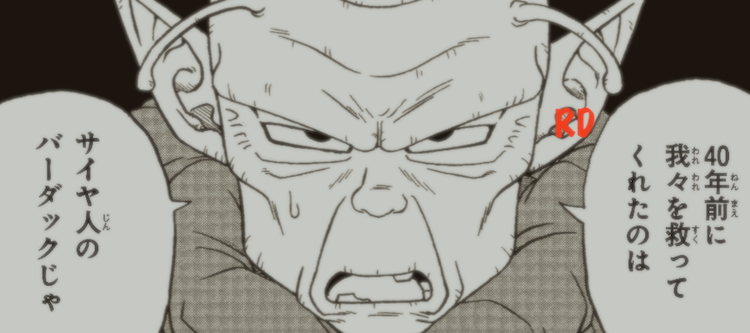I finally got to reading the Dragon Ball manga again and holy crap is the 21st Tenkaichi an improvement not only over the first arc of the manga, but also most of the 'Z portion' stuff.
I read the first arc and then went over to the Saiyan and Cell arcs because I was curious about them and how they were handled in the manga over the anime. My issue with the Saiyan Saga was that Piccolo's arc was kind of rushed through, with the anime giving it more time to breathe. I liked it still, but the anime made some good calls with it.
My issue with the Cell arc were a few pretty forgettable sections (The start is good and the end is good, but a bunch of the connective tissue between sections is kind of ehh) and the better fillers – stuff that didn't include long pans and dragging out the story – gave it much-needed fun and levity, but also humanity. I think the reason why the ending actually impacted me as much as it did as a kid was that filler during the 3 days of rest. I liked it because it did a good job with the character arcs, but there were still details that stood out like a sore thumb like Cell being a boring villain or Vegeta just kind of being handed Super Saiyan and in a general sense I didn't like the tone it was growing towards. But it at least fulfilled the major stuff it set up, Buu didn't even do that).
But I take zero issue with Krillin's arc before and during the 21st tournament. I forgot Krillin wasn't just a jerk, but a jerk with some more to his character because in discussions he's constantly simplified. His growth into Goku's friend was surprisingly gradual and delibrate, not just a sudden switch.
Eventhough Krillin was a jerk, he was also smart. Rereading that section just really clicked the stuff Super did with him, too. His growth is so rewarding and it has nothing to do with 'winning fights'.
And for all of the obsession with characters losing I see from many fans, what I also forgot is that Dragon Ball uses loss as a springboard for character growth REALLY often. In these early fights, while characters lose, the ways they have grown despite losing is always emphasised. I think this is the issue with some of the stuff in the later story. It just sort of throws characters aside without even addressing them.
So while I was reading the 21st Tenkaichi Budokai I thought about how Vegeta lost to Moro in the Moro arc and how despite the loss, he succeeded in putting his pride aside to master a specific technique from a teacher instead of just generally sticking to his usual means/attacks (something he has never done, even if he trained with Goku and Whis) and it's that part that became essential in Moro's defeat. Vegeta 'lost' and was 'put on the side', but this growth became essential in defeating Moro.
Same goes for all of Gohan's losses in Super. His character arc wasn't about losing or winning. It was about stepping up when needed. And the only reason he has been out of action isn't because he is scared of fighting the enemy or scared of fighting in general, it's because he has other interests that aren't related to fighting.
Even if he loses or is 'humiliated', when the situation is truly dire, Gohan does step up.
Rereading this arc made me feel like so many people miss the entire point of the series by constantly complaining about how X character loses. This was always the case, but I forgot how strong of an actual in-story point this was to begin with, not just limited to Goku.
I've also been simultaneously rewatching the anime and I think I finally pinned down how I'd describe the difference between the two.
I think the Dragon Ball manga makes use of the medium it is in much better than the anime does being an anime. And this only makes sense considering the principles of wanting to keep up with the source material while it was running. It was never going to be consistent and well-paced because of that simple principle.
I think more creative ways of filler would've gone a long way. But I think it would've taken a pretty crazy effort to keep quality up for a long-runner like this.
Part of me wants the entire manga to simply be reanimated with much stronger overall vision instead of some truly stand-out episodes here and there, even. Not Kai, just a straight-up remake with like current OP anime's staff or divided into seasons.
As for Toriyama being super wacky and creative in the early stuff, I think those training chapters were good because of toning down the wackiness (a large portion of which amounted to Roshi being an insufferable creep). To me they were good because they explored the mindset of the characters.
Krillin and Goku mirror each other in a very solid way. There is this image early Dragon Ball has that it's just non-stop gags and wierd monsters, but that tournament was much more restrained than I remember it being. It was refreshing to not be bombarded with the 10th joke about molesting Bulma and the joke fights were either brief or had more point to them than just 'being wacky'. (The issue I take with Buy arc's 'insanity' – so much of it is mindless humour and mindless fights and I think the start is pretty good at doing both, too, so it stings more.)
At its core, the story of this arc was about friendly competition and becoming your best self in this really fun and wholesome way. And I think it's stronger than most of the stuff with 'stakes'. Goku was going to be absolutely fine whether he lost to Roshi or not.
I've always had this inherent excitement about whenever Goku discovers or uses a new technique and these chapters sort of reminded me why, too.
Because it's also rewarding to see Goku grow as a fighter. So much of the early stuff is literally 'Goku show' already, but I never minded that because I enjoy Goku being Goku. In fact, everyone else in the first arc border on intensely unlikeable, with most of the jokes ending up being about boobs (and hey even young Chichi isn't spared, what a likeable, 'wacky' cast).
I think the reason why Dragon Ball caught me when I was like 9-10 was that I didn't think much about the perverted jokes and found Goku's subversive naivete really likeable. He stood out among the cast. Little bits like calling coffee soup or pointing out Krillin has no nose or not caring about gender/appearance.
In a general sense, the story is kind of refreshing to visit for its clarity in script and panelling. I had a bunch of fun.















